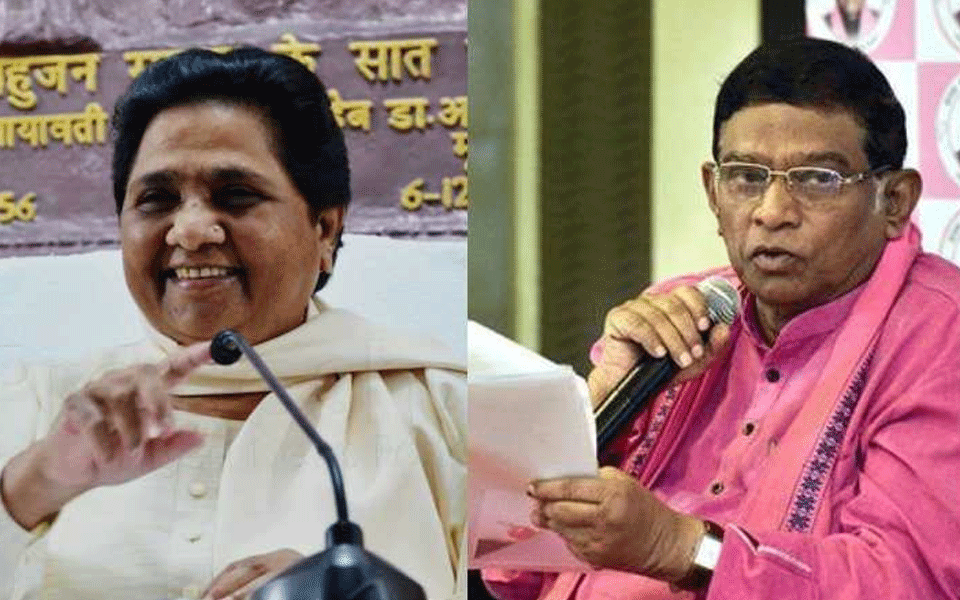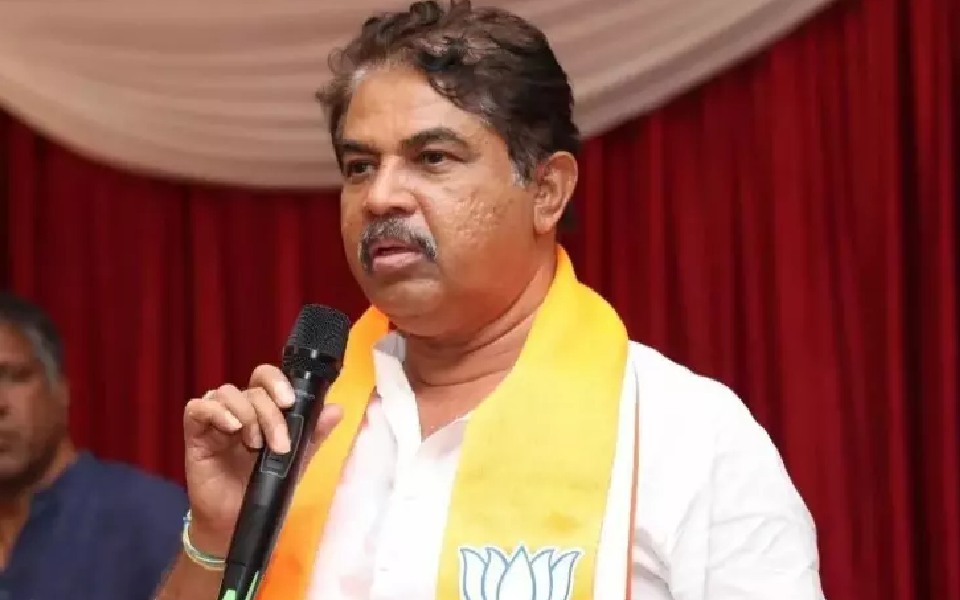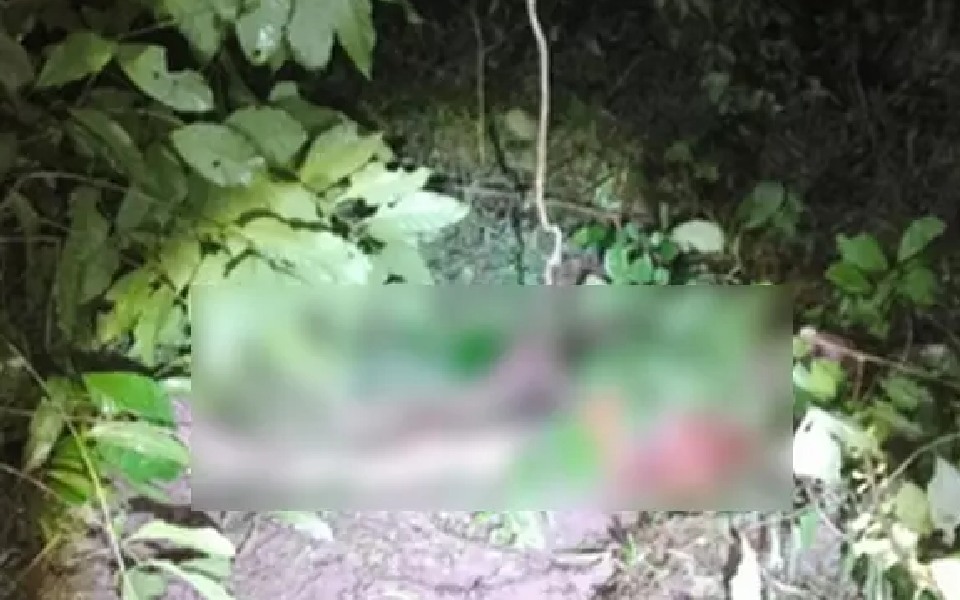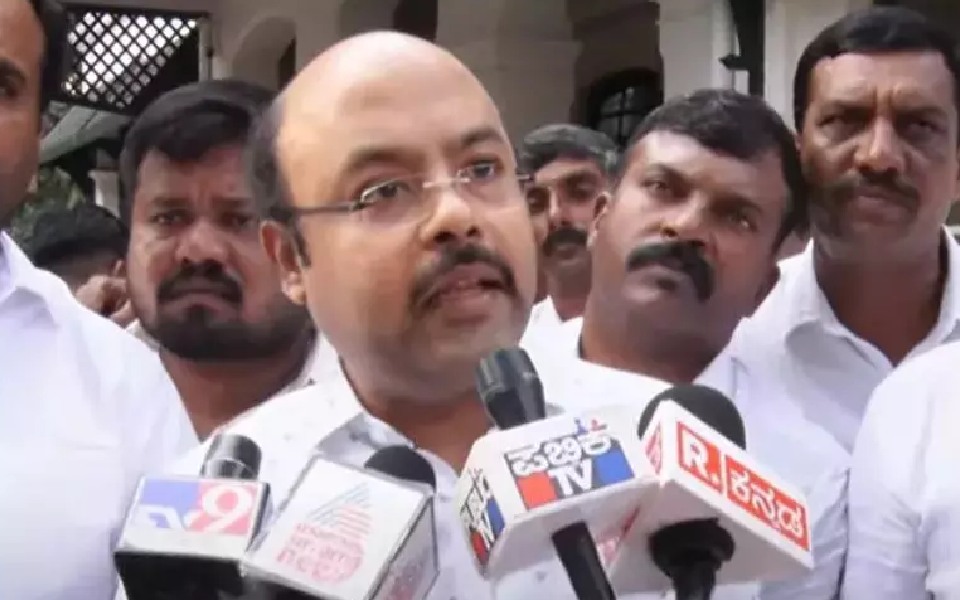Mayawati’s Bahujan Samaj Party has formed an alliance with former chief minister Ajit Jogi’s party for the Chhattisgarh assembly elections later this year, forcing a triangular contest for the first time in the history of the tribal state.
Mayawati’s decision is seen as a message to the Congress, which has been in talks with the BSP for a tie-up in Madhya Pradesh, Chhattisgarh and Rajasthan, that it had options other than the Congress if it was not given a respectable number of seats to contest.
It is a point that Mayawati underlined on Thursday as well when she counted the respectable number of seats for the BSP as one of the reasons why she had teamed up with Ajit Jogi’s Janta Congress Chhattisgarh.
According to the seat sharing formula agreed by the two leaders, the BSP will field 35 candidates and Ajit Jogi’s party, the remaining 55 seats.
The BSP’s talks with the Congress had fallen through in Chhattisgarh reportedly because the Congress was unwilling to concede more than seven to nine seats. Chhattisgarh assembly has 90 seats.
At a briefing to announce her brand-new alliance, Mayawati named Ajit Jogi as the coalition’s presumptive chief minister.
For Chhattisgarh that has seen a bi-polar fight between the BJP and the Congress and governments are decided by wafer-thin margins, Mayawati’s decision to force a triangular contest is seen as a setback for the Congress.
In the last assembly election, the difference between the votes polled by the BJP and the Congress was less than 98,000 votes.
The BSP fielded candidates in all 90 assembly segments in 2013, won 1 seat and polled 558,000 votes with a share of 4.4%.
But there were 12 seats where its candidates polled more than 10 per cent vote share. In five of these, they had polled over 20 per cent.
Jogi has been trying to turn the Chhattisgarh polls into a triangular fight, but his party is an untested entity in the state. The former Congress veteran founded his party in 2016 along with his son after being expelled from the Congress.
The new alliance is also seen as part of Mayawati’s 2019 plan where she wants to expand her party’s reach beyond Uttar Pradesh. She already has an alliance with Janata Dal (Secular) in Karnataka and Indian National Lok Dal in Haryana.
Courtesy: www.hindustantimes.com
Let the Truth be known. If you read VB and like VB, please be a VB Supporter and Help us deliver the Truth to one and all.
Bengaluru: Leader of the Opposition R. Ashoka launched a scathing attack on MLC Dr. Yathindra, demanding that he retract his controversial statement comparing Chief Minister Siddaramaiah to the late Maharaja Nalwadi Krishnaraja Wadiyar. Ashoka urged Yathindra to apologize to the people of Karnataka if he had even a shred of conscience and any respect for the Mysuru royal lineage.
In a strongly worded social media post on Sunday, Ashoka stated, “Comparing Siddaramaiah to Nalwadi Krishnaraja Wadiyar is nothing short of absurd. Where is Nalwadi, who was bestowed the title of ‘Rajarshi’ by Mahatma Gandhi himself, and where is Siddaramaiah, who has stooped to being a puppet in the hands of fake Gandhis for the sake of power?”
He continued his critique by contrasting the enduring legacy of Nalwadi, remembered fondly by Kannadigas for his people-centric development, with what he termed as Siddaramaiah’s failure to manage Karnataka’s economy, burdening every household with debt.
Ashoka highlighted several stark differences, while Nalwadi built Mysore University over a century ago, Siddaramaiah is shutting down nine universities due to lack of funds. Nalwadi famously sold his family’s gold to build the KRS dam, whereas Siddaramaiah is accused of grabbing 14 sites meant for the public. Nalwadi established Bhadravati Iron & Steel Plant, Sandalwood Soap Factory, and Mysore Paper Mills. In contrast, Ashoka claimed Siddaramaiah's governance drove away industries, investors, and entrepreneurs. Nalwadi pioneered reservations for the backward classes long before it became mainstream. Siddaramaiah, Ashoka alleged, is reducing social justice to a gimmick by sticking labels on doors in the name of surveys.
While acknowledging Yathindra’s emotional attachment to his father, Ashoka emphasized that comparing Siddaramaiah to a visionary like Nalwadi was “laughable, baseless, and a gross insult” to the late king.
In his concluding remarks, Ashoka slammed the government for ignoring farmers’ needs despite an early monsoon. He accused the administration of being caught up in internal power struggles and negligence, forcing farmers into despair. “This government will not be spared from the curse of the farmers,” he warned.





